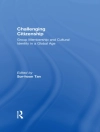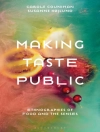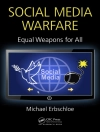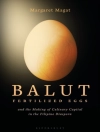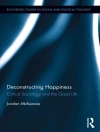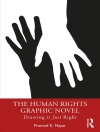This straightforward and original text sets out best practice for designing, conducting and analysing research on work with young people. A creative and practical guide to evaluation, it provides the tools needed to bridge the gap between theoretical knowledge and applied practice.
Written by an experienced, erudite team of authors this book provides clear, pragmatic advice that can be taken into the classroom and the field.
The book:
- Provides strategies for involving young people in research and evaluation
- Showcases creative and participatory methods
- Weaves a real world project through each chapter, highlighting challenges and opportunities at each stage of an evaluation; readers are thus able to compare approaches
- Is accompanied by a website with downloadable worksheets, templates and videos from the authors
This is the ideal text for postgraduate students and practitioners who work with young people in the statutory and voluntary sectors.
Innehållsförteckning
Introduction
Chapter 1: The Evaluation Context
Chapter 2: Evaluation Methodology
Chapter 3: Evaluation Ethics
Chapter 4: Types of Evaluation
Chapter 5: Power
Chapter 6: Planning Evaluations – An Overview
Chapter 7: Collecting Data to Evaluate
Chapter 8: Using Mixed Methods in Evaluation
Chapter 9: Analysing Evaluation Data
Chapter 10: Writing Evaluation Reports and Presenting to Different Audiences
Conclusion
Om författaren
I originally came to the University of Cumbria with a background in mainstream psychology. However, I have always been interested in young people, the challenges they face and in thinking about how psychology can be used in practical, useful ways to help practitioner understand and support young people. My MSc in Applied Psychology and Ph D in Community Psychology allowed me to focus on these interests. For many years I worked with Youth Workers both in training and in the field. I also worked with directly with young people on a range of projects, including diversion projects and youth homelessness. I currently teach psychology and research methods to wide range of students (including youth work, criminology, policing and social science students) at the University of Cumbria.


